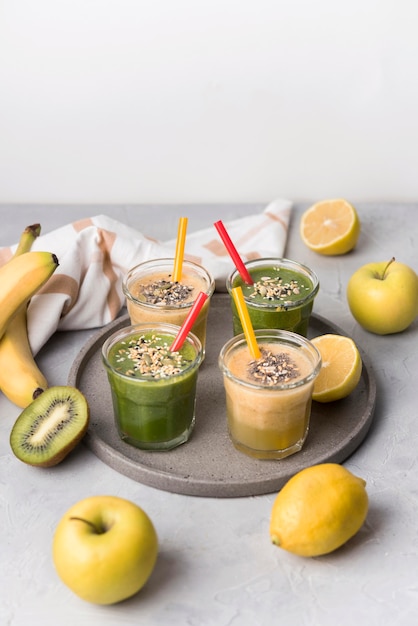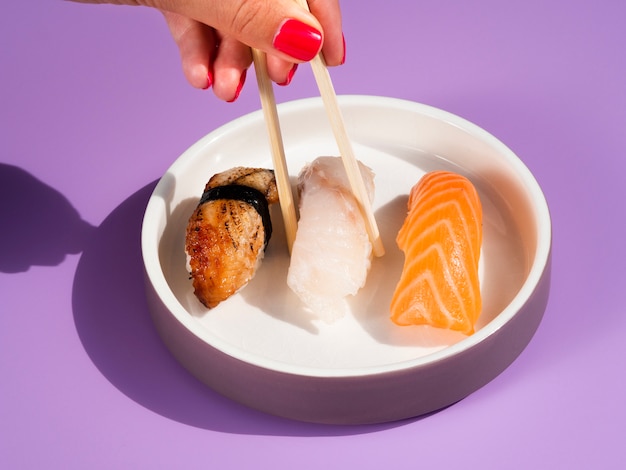
Propel water is a well-known sports drink that’s often seen as a healthier choice compared to sugary drinks. It’s made to keep you hydrated and replenish electrolytes, especially if you’re an athlete or someone who exercises a lot. But is it really good for you? Let’s dive into its ingredients, benefits, and possible side effects to help you decide.
Propel water is packed with ingredients aimed at hydration and electrolyte replenishment. Key components include artificial sweeteners like sucralose and acesulfame potassium for sweetness, citric acid and natural flavors for taste, and sodium citrate, potassium citrate, and calcium disodium EDTA for electrolytes.
When compared to other sports drinks like Gatorade and Powerade, Propel stands out for its low-calorie content. While Gatorade and Powerade are higher in calories to provide energy during intense activities, Propel focuses on hydration without the extra calories. Additionally, Propel uses artificial sweeteners instead of high-fructose corn syrup, making it a better choice for those cutting down on sugar.
Despite being marketed as a healthy drink, Propel water isn’t entirely without concerns. The use of artificial sweeteners, although deemed safe by the FDA, has been linked in some studies to health issues like weight gain and metabolic disorders. It also contains preservatives like calcium disodium EDTA, which can be harmful in large amounts.
On the upside, Propel water offers several benefits. It helps keep you hydrated, provides essential electrolytes like sodium and potassium for muscle function, and is low in calories, making it a good alternative for those watching their weight.
However, there are potential side effects to be aware of. Some people might experience digestive issues, headaches, or allergic reactions due to its ingredients. While Propel water is generally safe, it’s important to consume it in moderation.
Propel water is caffeine-free and contains a relatively low amount of sodium compared to other sports drinks. It’s a decent option for hydration and electrolyte replenishment, especially for athletes or those involved in intense physical activities. However, plain water remains the best choice for hydration.
The amount of Propel water you should drink depends on your personal needs, especially if you’re active. But remember, it shouldn’t replace plain water. While it contains essential electrolytes, there’s no evidence that it aids in muscle recovery.
Propel water is available in various flavors and is generally safe for children, though it’s wise to monitor their intake of artificial sweeteners and preservatives. Coconut water is another alternative, offering natural electrolytes without added sugars or artificial sweeteners, but it has more calories than Propel, which might not suit those trying to lose weight.









